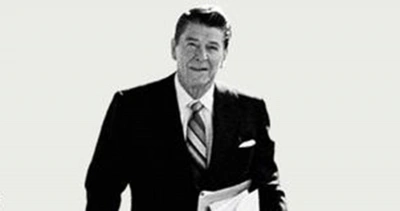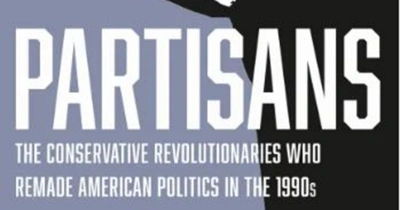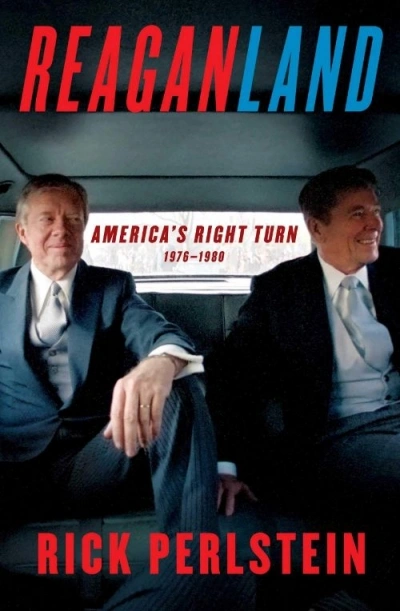Ronald Reagan
This week on The ABR Podcast, Timothy J. Lynch reviews Reagan: His life and legend, by Max Boot. While there have Reagan biographies before, Lynch describes Max Boot’s as ‘the most readable’. Lynch writes: ‘The weight of the book, its ten-year writing span, its extensive interviews, its adulation from legacy media, all suggest the defining biography of the most important president of my lifetime. And yet, I ended my summer break in Boot’s company unconvinced.’ Timothy J. Lynch is Professor of American politics at the University of Melbourne and his latest book is In the Shadow of the Cold War: American foreign policy from George Bush Sr. to Donald Trump. Here is Timothy J Lynch with ‘Reagan’s nemesis? The most readable biography of Ronald Reagan’, published in the March issue of ABR.
... (read more)








